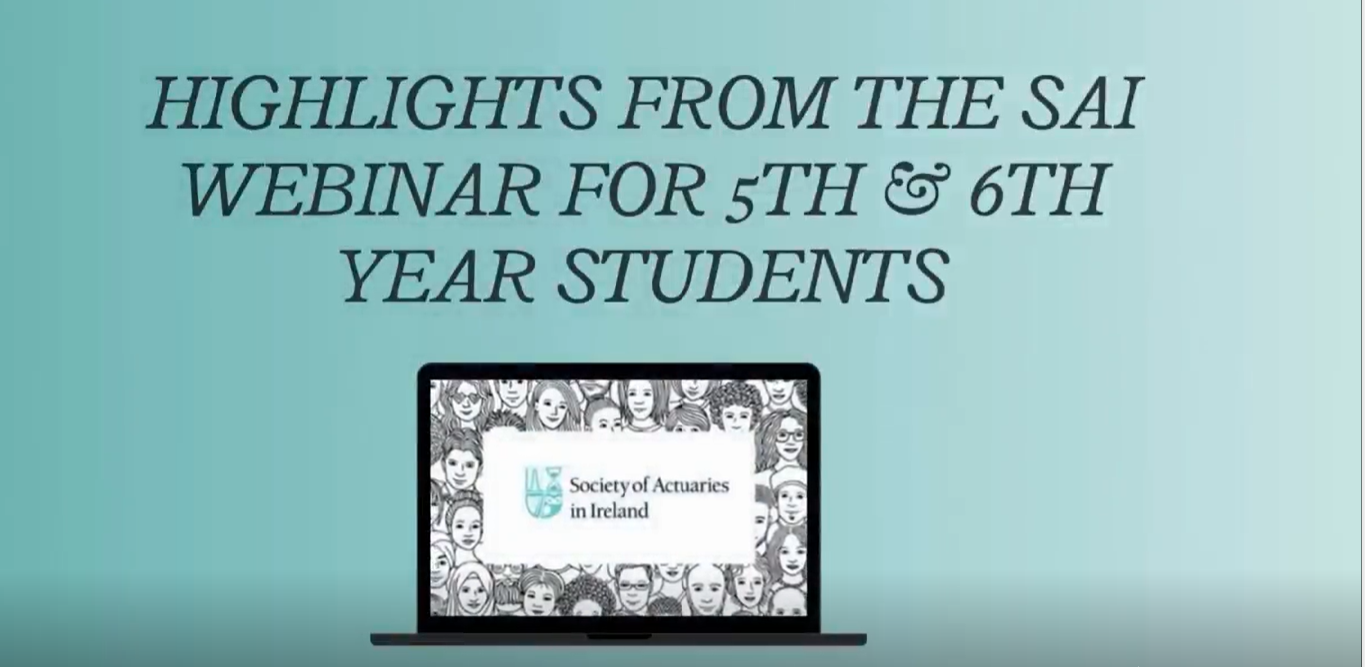This is so simple, and yet it will shave years off your business growth curve
“Do I really need a fancy business strategy?”
I’m sure you’ve heard the advice to “work on the business, not just in it” and to “make time for the important, not just the urgent”. These sound bites of business advice are very good – but to many people they’re too vague to actually be useful.
Working on the business = thinking about strategy
What does it mean to work on the business, not just in it? For SMEs and business owners, it means taking an objective look at the way you run your business, to improve it. Kickstart progress where it’s dormant, make processes more effective, cut out or improve what is inefficient…
Applying for business awards is part of your strategy
Working in the business is doing whatever it is that the business does: a plumber fixes plumbing, a solicitor advises on legal matters, a SME that makes widgets, makes widgets. It’s of course essential, but as a business owner you also need to make sure that your business is efficient and profitable, that prospects know about your offering, etc.
In the day-to-day of running a business, what the business does is the most urgent because it’s right in front of our eyes, it’s what demands our attention. How the business does it, and whether that way is sustainable over the long term, is more elusive (and ultimately more important ). As a result it doesn’t get as much attention.
Do I really need to think about strategy? I’m only a
small business!
When I talk to SMEs, I realise that very few of them, and very few small business owners in general, think about business strategy. As a result it’s rarely looked at, unless it’s coming up to the end of the year , it’s a pivotal time like a change in leadership, or unless the owner/manager attends a conference and is inspired by a talk.
“Business strategy” is too vague and overwhelming, and it sounds like the kind of thing big multinationals consider over a global conference call with their C-suite, not the kind of thing small local or even small national businesses really need. However, I think that it’s by doing what big businesses do, that you become big business. If big businesses have a strategy, I want one, too.
From vague to specific, from overwhelming to
totally doable
Like any ambitious objective, “think about business strategy” is difficult to fit into your day. It’s like “write a book” or “make more money” : where do you start?
Whenever you have a vague, ambitious objective, your first step should be to make it very specific and to break it down until you can define intermediate actions that will take you there, little by little. Setting SMART goals and following the GROW model can be a dynamic duo to help you do this.
However, I’m going to share a specific strategy that uses an external event to propel you towards your goals that has worked and continues to work very well for me.
To frame your thinking, find a framework
When I wrote the books, I sat down with a friend who acted as a sounding board: her questions provided the framework that helped me break down my goal of writing a book into manageable chunks.
When I want to grow my business, I sit down with a friend of sorts and I let their questions reflect back to me where my business is at and where I want to take it next. Where my business is at and where I want to take it next, that’s business strategy . The friend of sorts is an application form : I apply for a grant or an award, and I make sure to do it on a quarterly basis.
Make it timely, important and urgent, and it will
get done
Simply writing the application itself is extremely worthwhile, for many reasons:
– there is a deadline to send in applications, so that’s the Timely element of SMART sorted.
– it also resolves the “important vs. urgent” conundrum, by transforming the important (strategy) into something that is also urgent (sending the application before the deadline).
– the application form asks searching questions like “Why are you deserving of this award, what are the key milestones in the next three years, what makes you stand out in your industry”. Instead of faffing about thinking “I really should think about business strategy now, but where do I start?”, I have a clear framework to channel my thoughts in a productive direction.
The award application is both the stick and the carrot that you need to move forward.
That’s why I have a rule of applying for a grant or an award every three months. It gives me the date in the diary, and the deadline means I have to devote the time, the space and the focus to concentrate on it.
I’m careful to apply for awards where there is very clear value for my business. It would be a pity to spend too much time applying for awards at the expense of making real sales. Personally, I find a three month timeframe provides a good balance.
Then what happens?
Even if you don’t win the award, very often the committee will give you feedback. I have submitted plans for business awards and they really do make you think about both your business and the way you’re presenting it: it’s basically free business advice. This feedback is invaluable because you can get better, increase your chances of winning in the future as well as actually taking this into consideration within your own company.
And if you win… Well, I don’t need to tell you how nice that is. It will have a very tangible impact on your business. My business has achieved several grants, like feasibility funding from Enterprise Ireland , a place on the Enterprise Platform Program Innovation Vouchers and a significant help from Enterprise Europe Network , and each of these has been of immense benefit to the company, enabling us to grow and test business ideas.
Without the grants, we wouldn’t have been able to engage in more ambitious projects so soon. In addition, we were commended by Chambers Ireland for our CSR Project Introducing Wall Street to the Classroom and I was nominated for the Enterprise Europe Rising Start award in 2011.
If you win, there are also non-monetary benefits…
If you win an award or a grant, the third party badge of approval can mean a huge amount and it can be exceptionally helpful when your buyers are making decisions: this instills confidence in you and your product.
Also, if it’s offered, there’s a huge PR advantage: if the award is publicised, the winner will be announced, people and the press might seek you out because of it, which will increase your exposure. That’s free marketing, all done for you. The third party badge of approval can mean an awful lot, one of the best testimonials right next to a person saying “I use their service and they’re amazing.”
It’s also great to boost staff morale. Certainly there are times in SMEs where you can’t give wage increases, where you can’t take the staff away on a team building weekend, but it would be great to do something to reflect the work and effort they pour into their jobs. An award can help with that, it’s a lovely way to recognize the collective effort that goes into a company and this instills a sense of common pride – look at the result we have achieved together! Finally, as an award-winning business, you can immediately distinguish yourself from your competitors.
Often awards are distributed at glamorous events, where the opportunities for networking are fantastic. You get to meet the other contenders, who might turn out to be wonderful business contacts, as well as the awarding committee, with experienced and knowledgeable members who can become your role models or even your mentors.
One of the most memorable events I’ve ever been to are the Irish Post Awards. I was invited as one of their columnists and went twice. It’s an incredible event with truly amazingly accomplished people. In June, I was MC at the Connect Kerry Women in Business Awards and could see, from a unique vantage point, the opportunities buzzing all over the room as the whole county gathered to celebrate an entire cohort of society, to celebrate their achievements. Business people networked, caught up and spotted new areas of collaboration is a fantastic environment.
In 2013, we were a sponsor at the Women in Sales Awards as the theme perfectly combined the ambitions of both The Savvy Woman’s Guide to Financial Freedom and The Savvy Guide to Making More Money. The organizers thoughtfully provided us with a wonderful profiling opportunity. At the über sophisticated gala dinner at The Savoy Hotel in London, I met new business contacts that turned into revenue generating contracts very soon afterwards.
Which ones will you apply to?
So let’s get started:
- Make a list of awards and grants
- Research which ones would be worth applying for
- Talk to people who have applied and been successful for these awards in the past to learn from their experience
- Commit a certain amount of time in your diary to make the applications well before the deadline.
- Ensure to soak up all of the benefits from the process. For example, if there is a feedback call made available to you, willingly ask for it!
- Go for it!
I was interviewed by Conall O Morain on the Sunday Business Show and I list several business grants available in Ireland. Listen to the podcast of the interview here , or use the player below:








